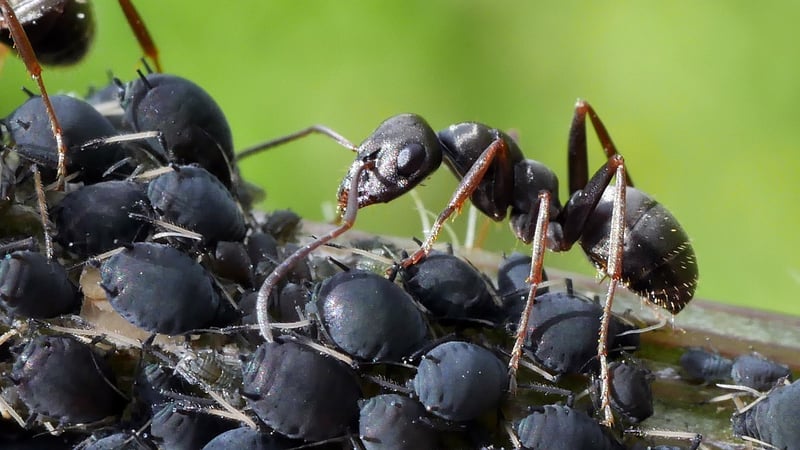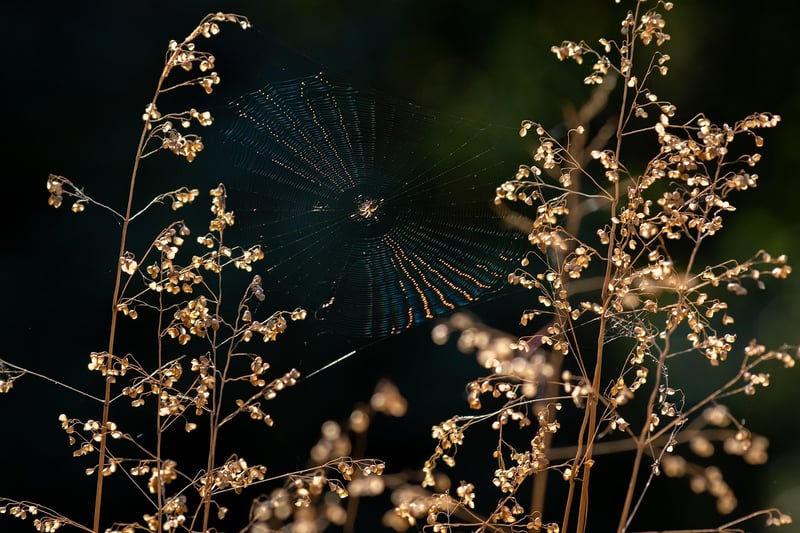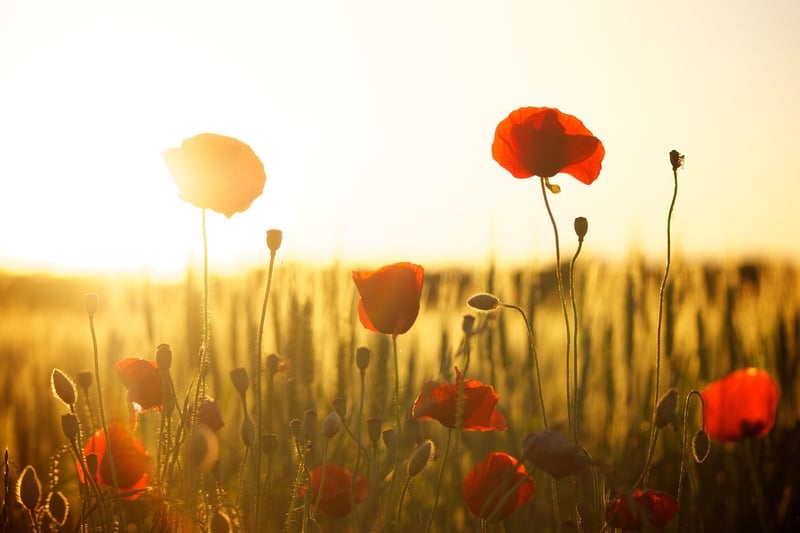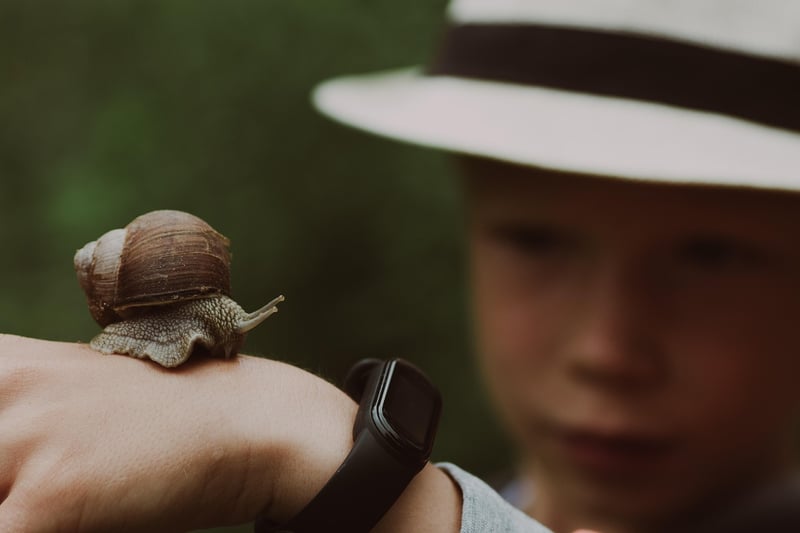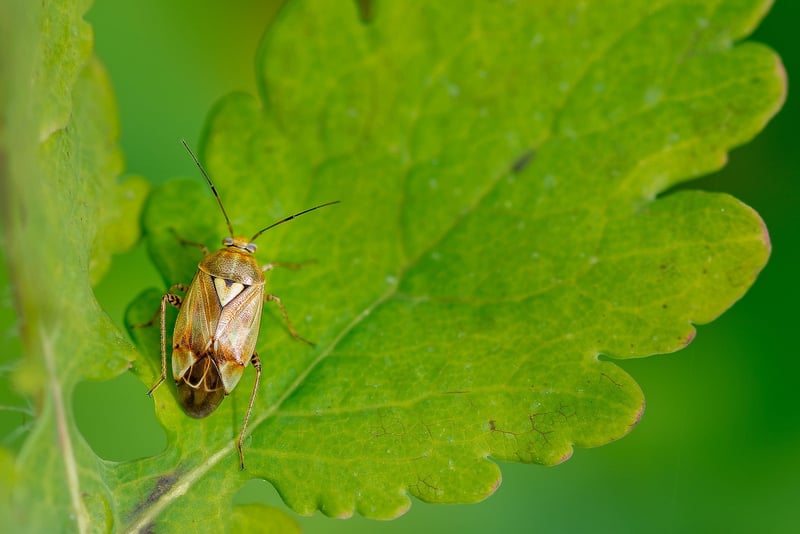Common pests
Maintaining Healthy Plants: Dealing with Common Pests
Keeping your plants healthy is essential for a thriving garden or indoor oasis. However, one of the challenges gardeners face is dealing with common pests that can harm plants. By understanding how to identify and manage these pests effectively, you can ensure your plants stay in top condition.
Identifying Common Pests
Before you can address a pest problem, you need to know what you're dealing with. Some of the most common plant pests include:
- Aphids: Small, pear-shaped insects that feed on plant sap.
- Spider Mites: Tiny pests that leave webs on plants and cause stippling on leaves.
- Mealybugs: White, cottony insects that suck sap from plants.
- Whiteflies: Small, moth-like insects that congregate on the undersides of leaves.
- Slugs and Snails: Soft-bodied pests that feed on plant leaves and stems.
Managing Pest Infestations
Once you've identified a pest problem, there are several steps you can take to manage the infestation:
- Pruning: Remove and destroy heavily infested plant parts to prevent the pests from spreading.
- Biological Controls: Introduce natural predators like ladybugs or lacewings to eat the pests.
- Organic Sprays: Use insecticidal soaps or neem oil to control pests without harming beneficial insects.
- Cultural Practices: Keep plants healthy by providing proper watering, sunlight, and soil conditions to reduce stress and make them less susceptible to pests.
Preventing Future Infestations
Prevention is key to maintaining healthy plants and avoiding pest problems in the future. Some preventive measures include:
- Regular Inspections: Check your plants frequently for signs of pests or diseases.
- Cleanliness: Remove debris and weeds that can harbor pests.
- Quarantine New Plants: Inspect and isolate new plants before introducing them to your garden.
- Rotate Crops: In vegetable gardens, rotate crops each season to disrupt pest life cycles.
By staying vigilant and following these tips, you can keep your plants healthy and pest-free, allowing them to thrive and beautify your living space.
